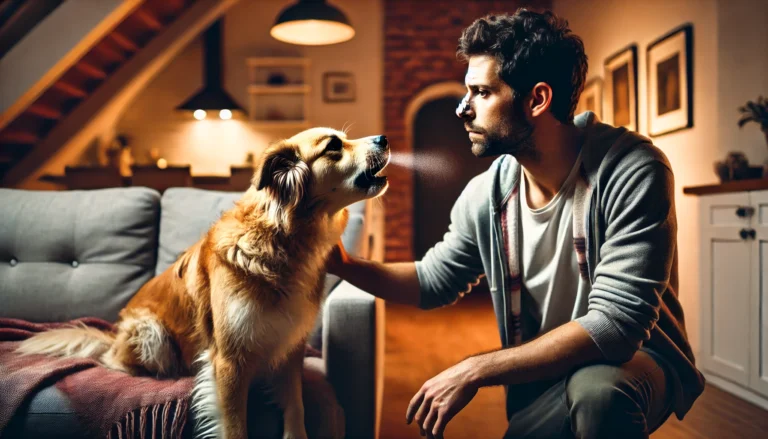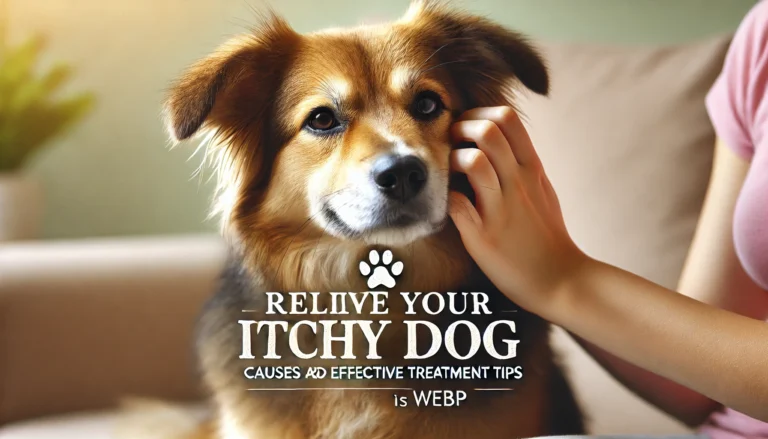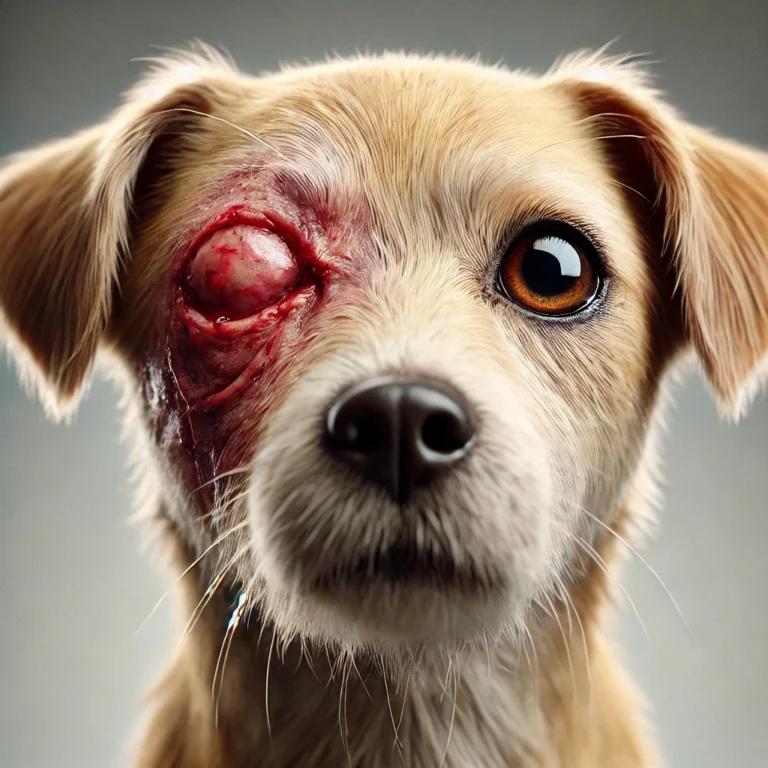Can Dogs and Puppies Get Hiccups?
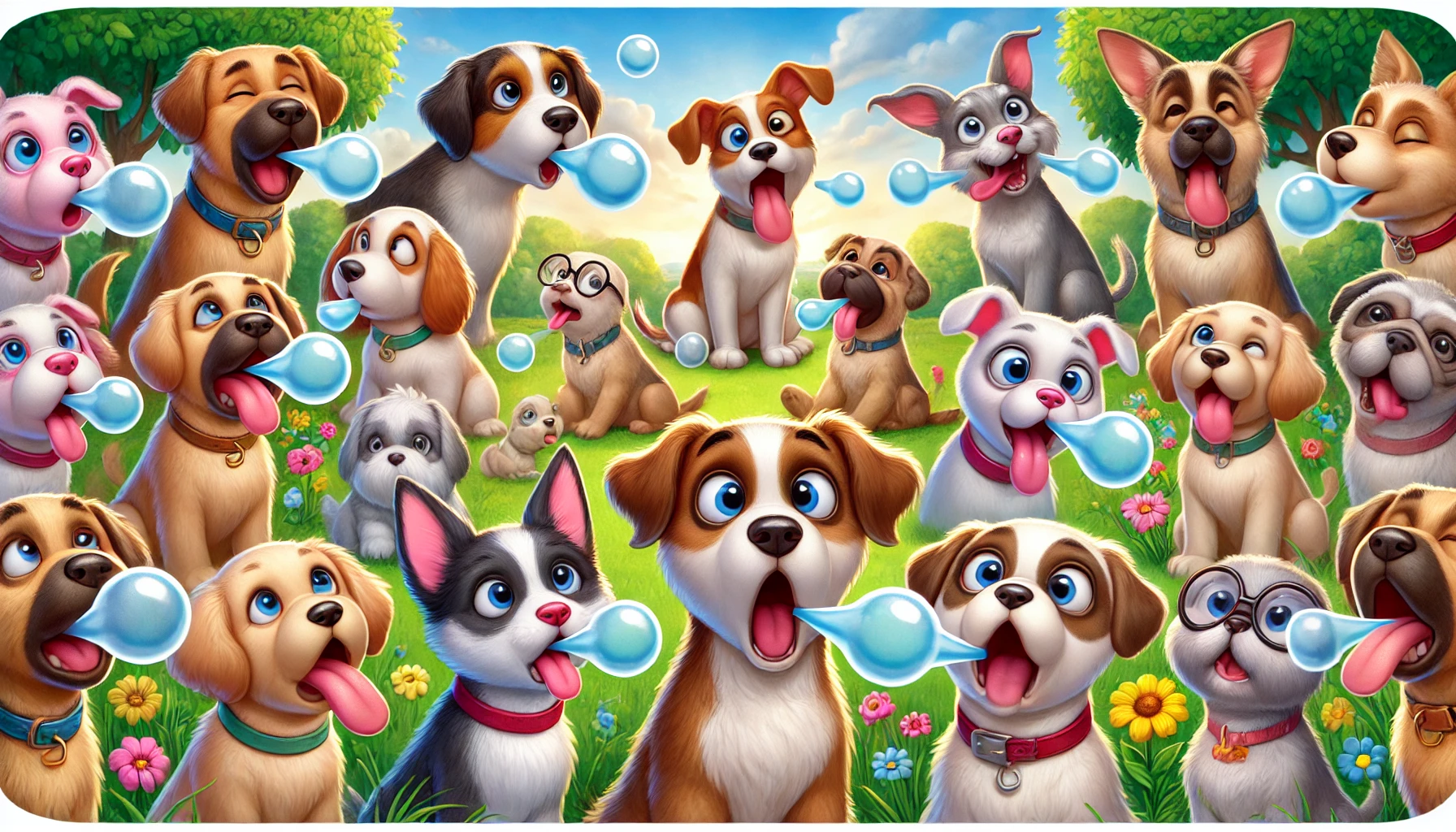
What Are Hiccups?
Dogs and Puppies Get Hiccups, Let’s tackle the basics first: hiccups are involuntary contractions of the diaphragm, the muscle that sits right under the lungs and plays a crucial role in breathing. These contractions are followed by a sudden closure of the vocal cords, which produces the characteristic “hic” sound we associate with hiccups.
Why Do Dogs and Puppies Get Hiccups?
Dogs and Puppies Get Hiccups, often referred to as dog hiccups or puppy hiccups, are more common in puppies than in adult dogs. This is largely because puppies are prone to rapid eating and gulping air, coupled with their boundless energy during play—all of which can trigger those funny little hiccups.
Fast Eating and Drinking
Whether it’s a Dogs and Puppies Get Hiccups, fast consumption of food or water can lead to swallowed air that irritates the diaphragm, causing what many refer to as dog hiccups or puppy hiccups. This is a common reason why dogs get hiccups, especially noted in eager eaters who may hiccup after eating or hiccup after drinking.
Excitement and Activity
High levels of excitement or activity can also lead to Dogs and Puppies Get Hiccups. It’s not uncommon to see a dog get hiccups from too much playing or running around, often leaving pet owners wondering, “Why does Dogs and Puppies Get Hiccups?” It’s usually due to their diaphragm getting a bit too enthusiastic, just like them!
Stress or Overexcitement
Another contributing factor can be stress or overexcitement, which might leave you asking, “Why is my dog hiccuping?” or “Why does my puppy get hiccups?” or ” why does Dogs and Puppies Get Hiccups” It seems odd, but yes, even the joy of a new toy or meeting new people can cause hiccups due to the increase in breathing rates and stomach contractions.
do you know
Anxiety in dogs is a prevalent issue that can manifest in various forms, including separation anxiety, fear of loud noises, and general nervousness
Are Dogs and Puppies Get Hiccups a Cause for Concern?
The simple answer here is generally no. Dog hiccups, much like human hiccups, are usually harmless and resolve on their own. They can happen in any breed and at any age, though you might find yourself saying “my puppy hiccups a lot” more often than you would for an older dog.
What Can You Do About when Dogs and Puppies Get Hiccups?
Most hiccups in dogs and puppies are not a big deal and will typically resolve without any intervention. However, if you find the hiccups persist or if you just want to comfort your pet, here are a few strategies:
Water
Offering your dog some water can sometimes help stop the hiccups. The act of drinking can reset the rhythm of the diaphragm.
Calm and Quiet
If your pet seems overexcited, try to calm them down. Sometimes, simply helping your dog relax or providing a quiet environment can stop the hiccuping.
Slow Feeder Bowls
For those who gulp their food and consequently get hiccups often, slow feeder bowls can be an effective remedy. These are designed to make dogs eat more slowly, reducing the amount of air ingested and potentially preventing hiccups.
Should You Worry About when Dogs and Puppies Get Hiccups?
While hiccups are usually not a sign of anything serious, persistent hiccups or those accompanied by other symptoms like coughing, wheezing, or signs of distress could warrant a deeper investigation. If you find yourself thinking, “My dog has hiccups a lot, and it seems abnormal,” it might be time to consult your veterinarian to rule out any underlying conditions.
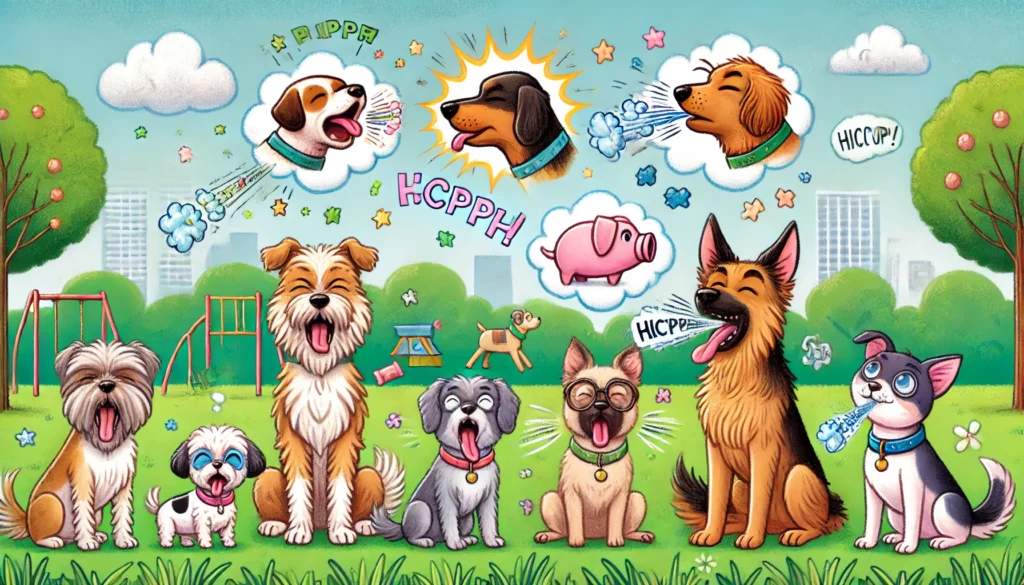
Preventing Hiccups in Dogs
Can you stop hiccups before they start? Maybe not entirely, but you can certainly reduce their frequency. Ensuring your dog eats and drinks slowly is a great start. Keep stress levels down and try to manage their excitement—challenging with a playful puppy, but worth a try!
Conclusion
So, yes, definitely Dogs and Puppies Get Hiccups, and it’s mostly a normal, albeit occasionally alarming, part of their lives. It’s one of those charming quirks that make living with a pet an adventure. Just keep an eye on them, and help them through it if you can. More often than not, it’s nothing to worry about, but a watchful eye ensures you catch anything out of the ordinary before it becomes a real problem.
Watching a puppy experience hiccups can tug at your heartstrings or give you a good chuckle. Either way, it’s a reminder of the joys and surprises of pet parenthood. Always full of surprises, aren’t they?
Is it normal for my dog to get hiccups?
Yes, it is perfectly normal for dogs, especially puppies, to get hiccups. Hiccups in dogs are caused by spasms of the diaphragm, just like in humans, and can occur for a variety of reasons such as excitement, eating too quickly, or even stress. While hiccups are more common in puppies due to their higher levels of activity and excitement, adult dogs can experience them as well. Usually, hiccups are harmless and will resolve on their own within a few minutes. It’s only when hiccups persist for hours or are accompanied by signs of distress that further investigation by a veterinarian is needed.
What breed of dog is prone to hiccups?
There isn’t a specific breed that is more prone to hiccups than others as all dogs can get hiccups, but younger dogs and puppies are generally more susceptible. This susceptibility in puppies can be attributed to their higher levels of activity and their tendency to eat and drink quickly, which can increase the amount of air swallowed and lead to hiccups. Larger breeds with deep chests may appear to hiccup more dramatically due to the larger diaphragm moving, but frequency-wise, it affects all breeds equally.
What can be mistaken for hiccups in dogs?
In dogs, what appears to be hiccups can sometimes actually be reverse sneezing or a bout of coughing. Reverse sneezing involves rapid and prolonged inhalation, unlike the spasmodic exhale of a hiccup, and is characterized by snorting or gagging sounds. Coughing, on the other hand, may be mistaken for hiccups if it is repetitive and rhythmic. If a dog’s supposed “hiccups” are accompanied by other symptoms like lethargy, loss of appetite, or unusual discharges, it might be indicative of a respiratory or gastrointestinal problem.
Why do hiccups happen?
Hiccups happen due to involuntary spasms of the diaphragm, the muscle that separates the chest from the abdomen and plays a vital role in breathing. These spasms can be triggered by irritation of the diaphragm or the nerves that control it. Common triggers include rapid eating, drinking carbonated beverages, excitement, emotional stress, or sudden changes in temperature. In both humans and animals, hiccups serve no clear purpose, although they might be a vestigial reflex to remove air from the stomach.
Can worms cause hiccups in dogs?
Worms are unlikely to directly cause hiccups in dogs. However, severe infestations of parasites like roundworms or hookworms can lead to gastrointestinal upset, which could theoretically lead to behaviors or symptoms—such as gas, bloating, or stomach spasms—that might resemble or indirectly contribute to hiccup episodes. If your dog has persistent hiccups along with symptoms of a parasite infestation, such as a swollen belly, weight loss, or changes in appetite, a vet visit is necessary.
Can stress cause hiccups in dogs?
Yes, stress can cause hiccups in dogs. Stressful situations may lead to rapid breathing or swallowing air, both of which can trigger the spasms of the diaphragm that cause hiccups. Dogs might experience stress from environmental changes, anxiety, or excitement, which can all contribute to this condition. Managing your dog’s stress through routine, training, and relaxation techniques can help minimize the frequency of stress-induced hiccups.
How do I know if my dog has hiccups or is choking?
Dog hiccups are usually characterized by a consistent, rhythmic hic sound that is not accompanied by distress or discomfort. Choking, on the other hand, is an emergency situation marked by gagging, retching, frantic pawing at the mouth, drooling, or distress. If your dog is calm and the hiccup-like sounds are rhythmic and not followed by any of these critical symptoms, they are likely just hiccups.
What is a reverse hiccup in dogs?
Reverse hiccups, also known as pharyngeal gag reflex or inspiratory paroxysmal respiration, occur when dogs inhale air rapidly and repeatedly, causing a snorting or gagging sound. This is different from regular hiccups where the air is expelled. Reverse hiccups are generally harmless and often resolve on their own, though they can be startling to witness. They are usually caused by irritation or inflammation of the throat or sinuses.
Why is my dog jerking?
If your dog is jerking, it could be due to a variety of reasons such as muscle twitches, involuntary reflexes, or even seizures. Jerking movements that are sporadic and not repetitive are typically muscle twitches, which can be caused by overexertion, dehydration, or during sleep. However, if the jerking is severe, repetitive, or accompanied by loss of consciousness or control of bowels or bladder, it could be a sign of a seizure and requires immediate veterinary attention.
Are hiccups a warning?
In dogs, hiccups are usually not a warning sign of anything serious and are quite common, especially in puppies. However, if hiccups persist for an unusually long time or are accompanied by other symptoms of illness, such as difficulty breathing, vomiting, or lethargy, they could be indicative of a more serious underlying condition. In such cases, it is advisable to consult a veterinarian.
How to immediately stop hiccups?
To immediately stop hiccups in humans, methods such as holding your breath, drinking water quickly, swallowing granulated sugar, gently pulling on the tongue, or breathing into a paper bag are often recommended. These remedies might help reset the nerves and muscles involved in hiccuping. However, their effectiveness can vary from person to person.
When to worry about hiccups?
Hiccups are generally harmless and resolve on their own. However, it’s important to consult a healthcare provider if hiccups persist for more than 48 hours or if they recur frequently over an extended period. Persistent or severe hiccups could indicate an underlying medical condition, such as gastroesophageal reflux disease (GERD), a respiratory disorder, or something more serious like a neurological condition.
How do I cure my dogs hiccups?
Dog hiccups usually resolve without any intervention. However, you can try to help your dog by calming them down, providing water, or feeding a small snack to change the breathing pattern. If your dog’s hiccups persist for an extended period or are causing significant distress, consult your veterinarian for advice and possible treatments.
Do dogs hiccup when hungry?
Hiccups in dogs are not directly caused by hunger. They are more commonly associated with how quickly a dog eats rather than how often. Dogs that eat rapidly or are overly excited about their food can swallow air, which can lead to hiccups. Feeding your dog smaller, more frequent meals can help manage the air intake and potentially reduce hiccup episodes.

